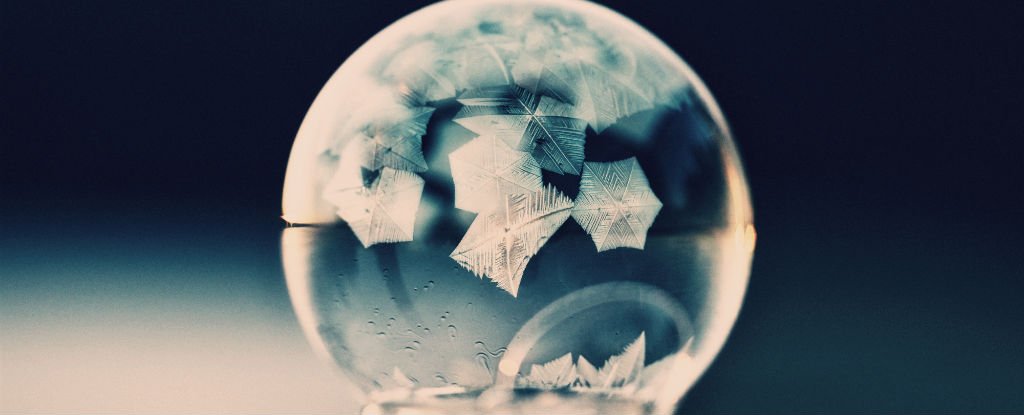Scientists have been dubious about the legitimacy of the third law of thermodynamics for long. Walther Nernst, between 1906 and 1912, developed the third law of thermodynamics, which states that:

The entropy of any pure substance in thermodynamic equilibrium approaches zero as the temperature approaches zero (Kelvin), or conversely, the temperature (Kelvin) of any pure substance in thermodynamic equilibrium approaches zero when the entropy approaches zero.
But this law has now been proven to be valid with a recent development made by researchers at the University College London (UCL) by finding the maximum cooling speed. The speed of cooling is not universal, it depends on the speed of sound in the environment and how quickly energy can be injected in it. They demonstrated that absolute zero cannot be reached, in a finite number of steps, in a system where entropy cannot reach zero.
Lluis Masanes, member research team, states:
“We show that you can’t actually cool a system to absolute zero with a finite amount of resources and we went a step further…We then conclude that it is impossible to cool a system to absolute zero in a finite time, and we established a relation between time and the lowest possible temperature. It’s the speed of cooling”, as published in Nature Communications.
Researchers believe that having a better insight of the third law of thermodynamics and the rate at which cooling occurs could help further advancing quantum computational researches. Quantum computing is already progressing at an exponential rate from the past few years. Some, like IBM, even have plans on commercializing quantum computing, which sounds more of a sci-fi fantasy than a possible reality at first.
